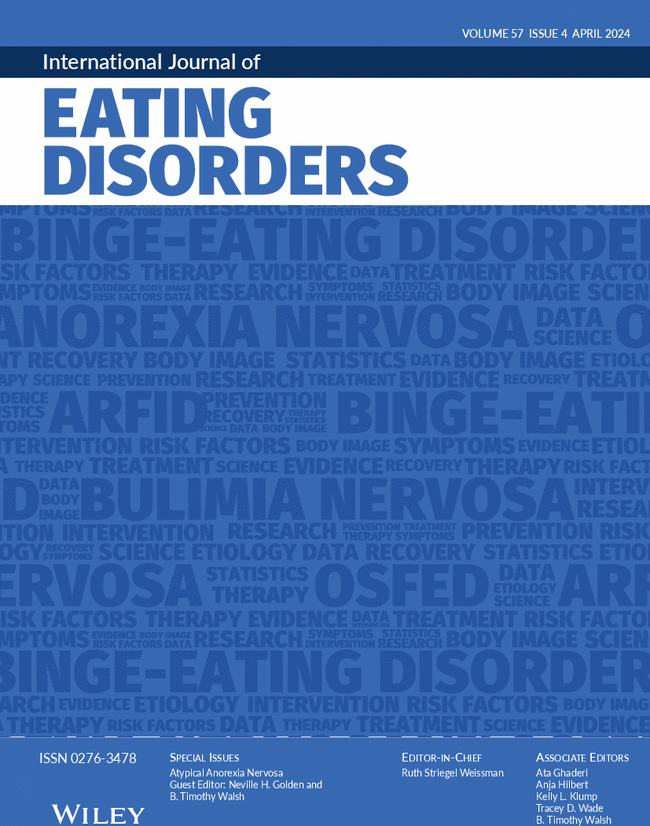Psychological Characteristics of Fathers of People With Bulimia Nervosa: A Systematic Review
Abstract
Objective
Bulimia nervosa (BN) is a highly prevalent psychiatric disorder that has negative effects on the physical and psychological health of sufferers. Father-specific factors have been understudied in the context of BN. This systematic review aims to understand the psychosocial and psychopathological features of fathers of people with BN and their associations with the offspring's outcomes.
Method
A literature search on APA PsycINFO, ISI Web of Science, PubMed, Google Scholar, ResearchGate, and Open Science Framework yielded 2421 studies. These papers were independently evaluated based on the eligibility criteria. 29 studies were included in this review. The Joanna Briggs Institute Critical Appraisal Tools were used for the assessment of the methodological quality of the eligible studies.
Results
Across studies, no significant differences were found in perceptual body-size distortion, self-ideal discrepancy, eating-/weight-/body-related attitudes, several personality and ED traits, and general psychological functioning between fathers of the BN group and those of the comparison groups. However, significant differences were found in certain psychological aspects (e.g., impulse regulation) and ED-associated features (e.g., body dissatisfaction). Finally, significant relationships were found between the fathers' food attitudes, muscularity ratings, personality traits, and substance abuse and their offspring's risk of developing BN, greater body dissatisfaction, ED symptoms, and poor end-of-treatment outcome.
Discussion
Although the existing literature does not seem to strongly suggest a particular paternal factor pertaining to BN, several father-specific variables may be associated with the offspring's BN symptomatology and related characteristics. Further research is necessary to clearly understand paternal features in the context of BN.


 求助内容:
求助内容: 应助结果提醒方式:
应助结果提醒方式:


